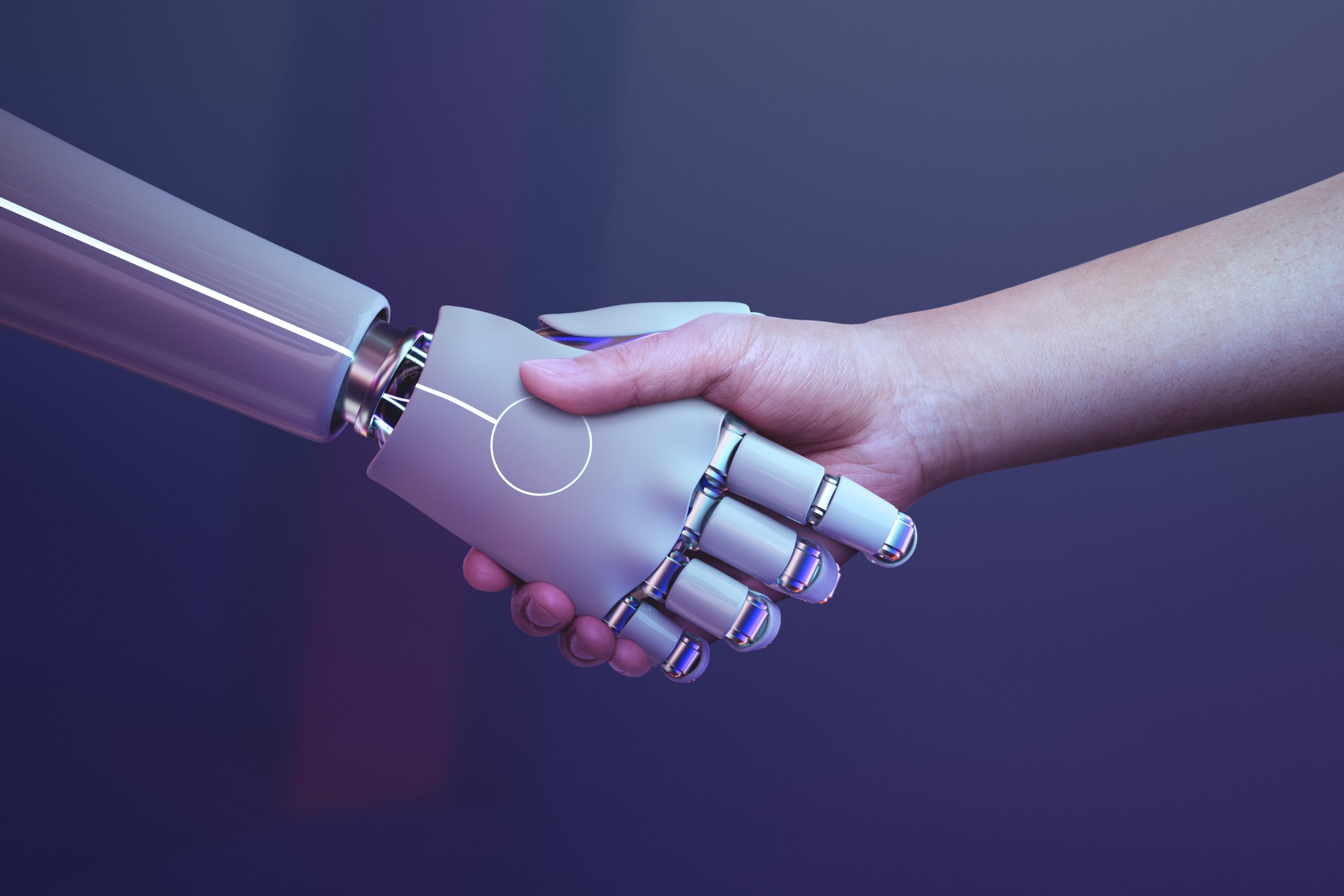Generative Artificial Intelligence (AI) delivers revolutionary automation capabilities that create new opportunities throughout multiple industries. The advanced algorithms in generative AI enable the creation of materials that only human minds previously managed to produce. Organizations must address multiple obstacles to successfully utilize this technology’s potential in spite of considerable advantages it provides.
Generative AI development services help businesses integrate these innovative solutions, ensuring efficiency and scalability in automation while driving creativity, enhancing decision-making, and improving productivity across various sectors.

Contents
Opportunities of Generative AI-Powered Automation
Enhanced Creativity and Innovation
Generative AI systems examine significant datasets to create unique designs together with artworks and solutions. InThe fields of product design and entertainment these tools quicken the creative process by combining human creative insight with the numerical accuracy of machines to deliver fresh results.
Efficiency in Content Generation
Generative artificial intelligence technology creates automatic content production tools for marketing-related activities and media-based operations including writing articles and crafting advertisements and social media posts. Through automation processes manufacturers speed up production while generating customizable content adapted to distinct viewers for improved audience interaction.
Advanced Data Analysis and Decision-Making
Through the analysis of complex datasets generative AI models run simulations which support strategic business decision processes. The tools facilitate market trend analysis in finance while producing investment plans which creates competitive advantages for financial organizations.
Customization in Manufacturing
By using Generative AI use cases in manufacturing, engineers produce parts that meet functional requirements while achieving both strength and reduced weight. Material savings grow significantly due to improved performance when systems adopt custom design measures.
Challenges in Implementing Generative AI-Powered Automation
Data Quality and Bias
AI generative model performance relies critically on the standard of data available for training. Information based on unbalanced or non-disseminated data produces incorrect results that maintain preexisting errors and discriminatory elements. Protection from such risks requires training data that exhibits both diversity and unbiased characteristics.
Ethical and Moral Considerations
Concurrent to human creation AI systems generate content which professionals cannot identify as automatic work which leads to questions about originality and authorship protection. To prevent misuses including deepfakes and misleading content the development of legal ethical frameworks needs to occur.
Technical Limitations
Generator AI systems face technical limitations because they sometimes fail to interpret contextual cues and generate results which match human-reviewed expectations precisely. Future success in solving these technical hurdles demands constant research efforts meant to develop better models that achieve both precision and reliability.
Resource Intensiveness
Generative AI models require big computational power for training and deployment because of this organizations with strong technological foundations remain the main users. The requirement for substantial computational resources obstructs smaller organizations which want to utilize technology
Balancing Opportunities and Challenges
To effectively integrate generative AI into automation processes, organizations should adopt a balanced approach:
Robust Data Governance
Reliable AI outputs start with strict data governance that delivers high-quality unbiased data to foundation.
Ethical Frameworks
Systems based on ethical guideposts allow us to address moral aspects while ensuring proper generative AI utilization and avoiding detrimental misuse.
Continuous Learning and Adaptation
Equipping yourself with modern advances in generative AI alongside tactical flexibility allows organizations to win market supremacy.
Conclusion
Modern technological innovation forefronts Generative AI-powered automation because it transforms operational opportunities in all industries. Thoughtful implementation combined with ethical consideration of.fixed challenges enables organizations to achieve maximum potential from generative AI systems which drives efficiency and creative outcomes across strategic operations.
Author Bio
Anand Subramanian is a technology expert and AI enthusiast currently leading the marketing function at Intellectyx, a Data, Digital, and AI solutions provider with over a decade of experience working with enterprises and government departments.




